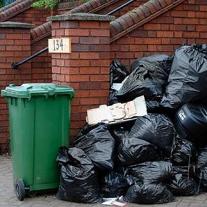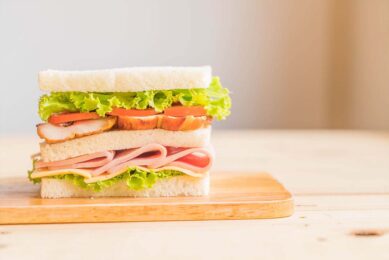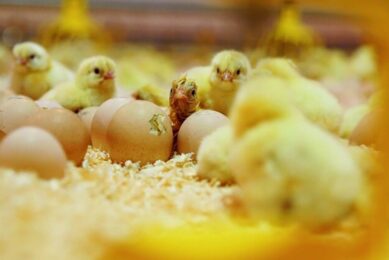Britain throwing away food amid world food crisis

A new study is attracting much attention. Amidst global food shortages and soaring prices, each day Britain throws away 550,000 chickens and 660,000 eggs, amongst other food items.
According to WRAP, an organisation aimed at helping individuals, businesses and local authorities to reduce waste and recycle more, the government-backed study states that the annual total of wasted products adds up to a record £10 bln (€12.7 bln; US$19.6 bln). The study concludes that each day, the following is wasted: 220,000 loaves of bread, 1.6 mln bananas, 550,000 chickens, 5.1 mln potatoes, 660,000 eggs, 1.2 mln sausages, 4.4 mln apples and 440,000 ready meals.
It is also reported that government researchers have established that most of the food waste is made up of completely untouched food products, typically whole chickens that lie uneaten in cupboards and fridges before being discarded.
Waste campaign
The Government’s waste campaign Wrap (Waste & Resources Action Programme) revealed the extent of Britain’s throwaway food culture after sifting through the dustbins of 2,138 people who signed up to an audit of food detritus.
Launching the report The Food We Waste today Liz Goodwin, Chief Executive of WRAP, described the findings as “shockingâ€. “Food waste has a significant environmental impact. This research confirms that it is an issue for us all, whether as consumers, retailers, local or central government. I believe it will spark a major debate about the way food is packaged, sold, stored at home, cooked and then collected when it is thrown out.“
Amid global food crisis
The study is published as millions around the world are suffering due to the global food crisis caused by rising populations, droughts and increased demand for land for biofuels.
In Britain, it emerged that food prices rose 4.7% in the past month. The soaring cost of wheat has increased food prices in the UK by up to 11% in the past year.
Shocking results, says minister
Environment minister, Joan Ruddock, said: “These findings are staggering in their own right, but at a time when global food shortages are in the headlines this kind of wastefulness becomes even more shocking. This is costing consumers three times over. Not only do they pay hard-earned money for food they don’t eat, there is also the cost of dealing with the waste this creates. And there are climate- change costs to all of us of growing, processing, packaging, transporting and refrigerating food that only ends up in the bin. Preventing waste in the first place has to remain a top priority.”
Join 31,000+ subscribers
Subscribe to our newsletter to stay updated about all the need-to-know content in the poultry sector, three times a week. Beheer
Beheer








 WP Admin
WP Admin  Bewerk bericht
Bewerk bericht